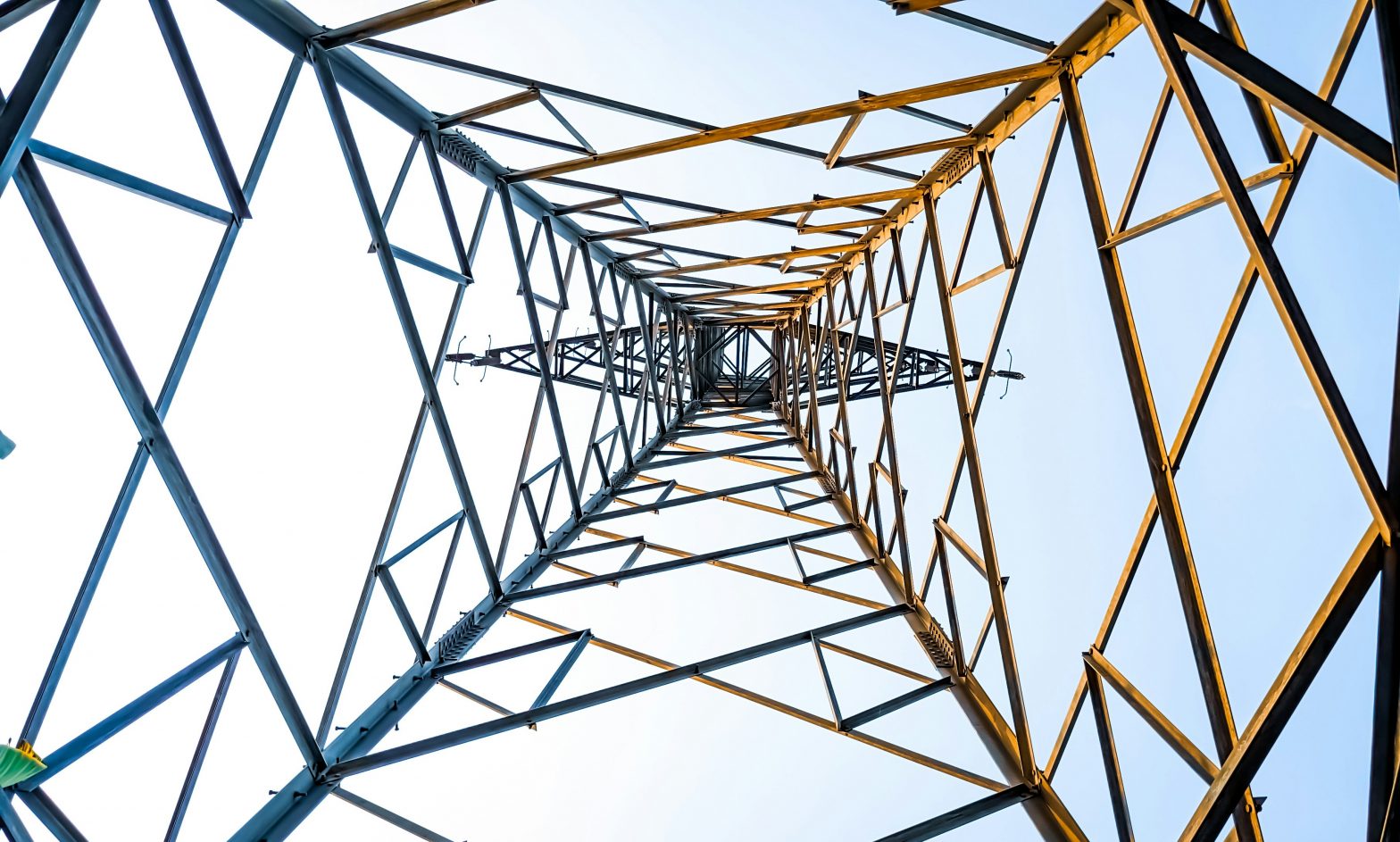The Department of Telecommunications (DoT) has unveiled the draft Right of Way (RoW) rules under the Telecommunications Act 2023 for public consultation. It has invited feedback within 30 days, from stakeholders including telecommunication companies, property owners, and the general public, to ensure inclusivity and transparency in finalising the RoW rules.
The draft comprise seven comprehensive chapters outlining detailed guidelines for both overground and underground telecommunication networks, covering aspects from application processes to maintenance protocols.
The draft defines the applicability of the rules to both public and private properties, outlining specific procedures for establishing telecommunication networks. It emphasises adherence to safety standards and regulatory approvals throughout the network establishment and maintenance phases, ensuring structural integrity and public safety.
The draft requires facility providers to submit detailed applications through a designated online portal for RoW in public properties, including technical designs, safety certifications, and mitigation plans for public inconvenience. Tailors regulations for underground infrastructure, focusing on minimising environmental impact and operational disruptions during installation and maintenance.
Specifies post-RoW obligations for facility providers, including compliance with permission conditions, ongoing public safety measures, and real-time information sharing on network status. It also mandates mutual consent agreements for deploying networks on private properties, detailing terms for entry, compensation for property use, and responsibilities for damage restoration.
Further, the draft introduces provisions for open access to common ducts and cable corridors under notified infrastructure projects, ensuring non-discriminatory access and cost recovery principles are followed.
